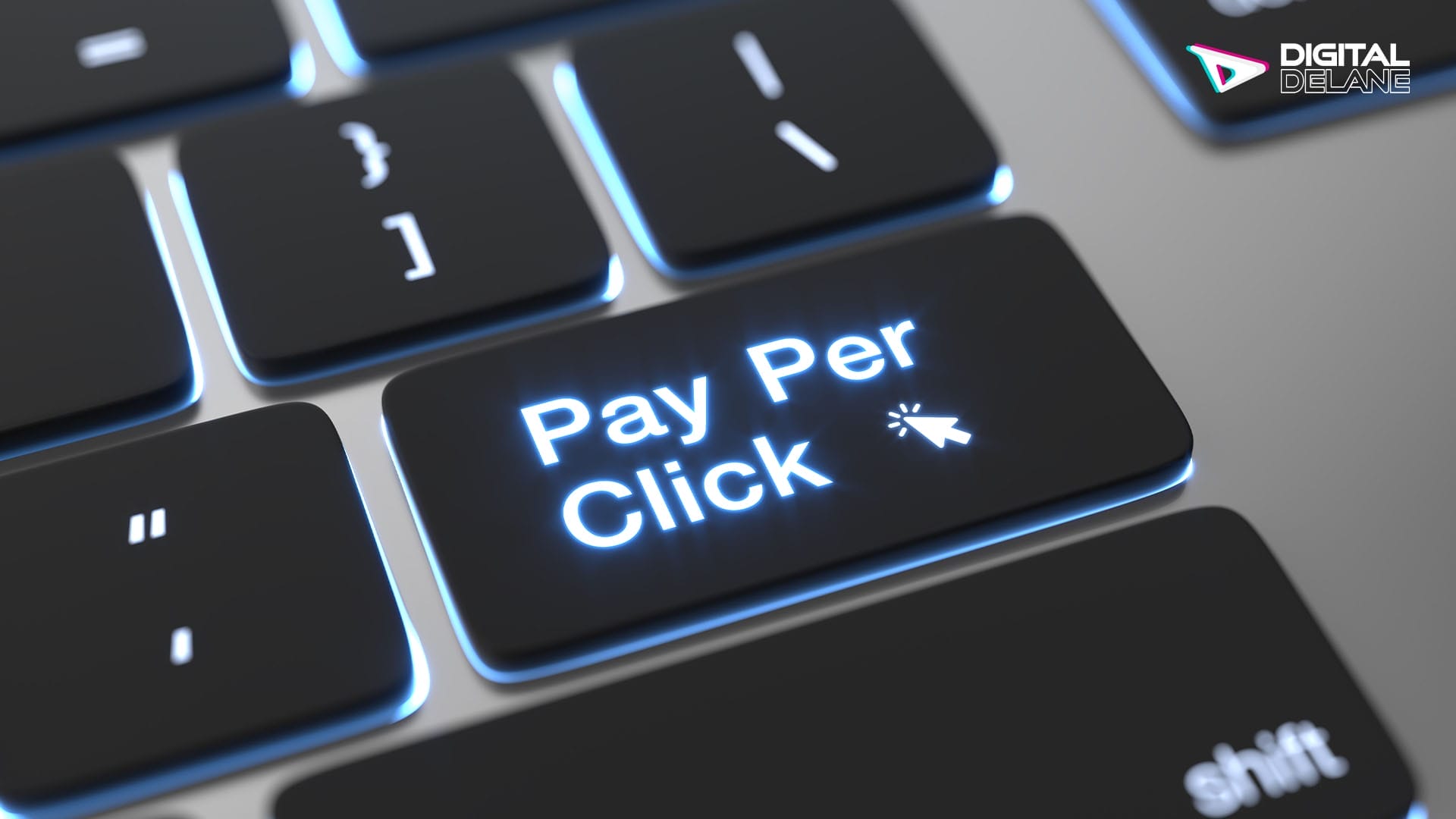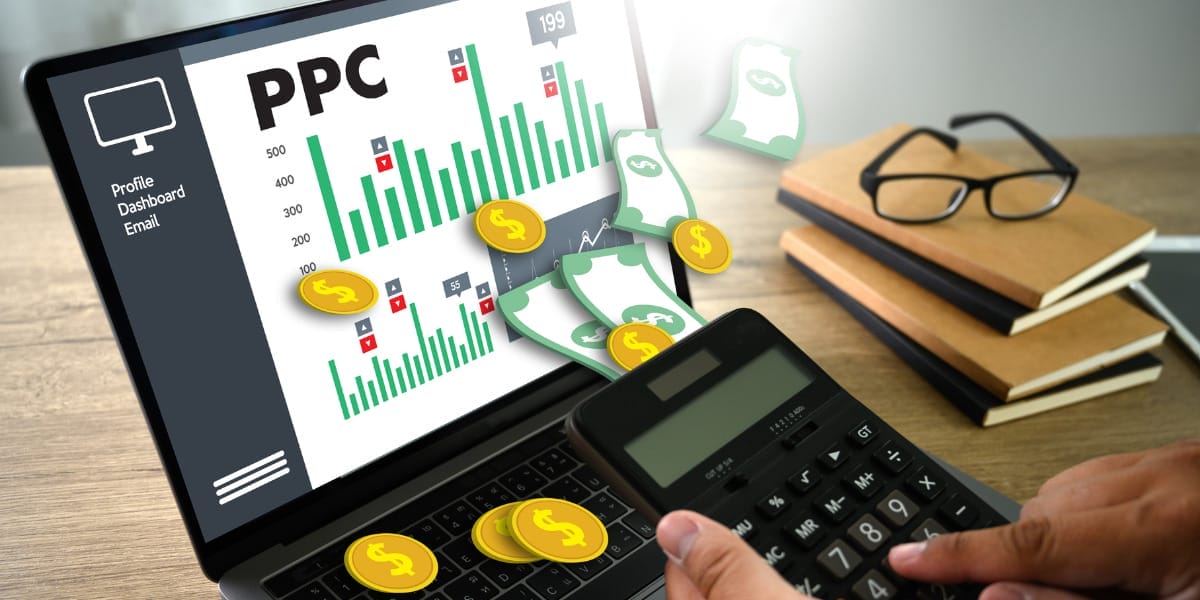What is PPC advertising & how does it work?
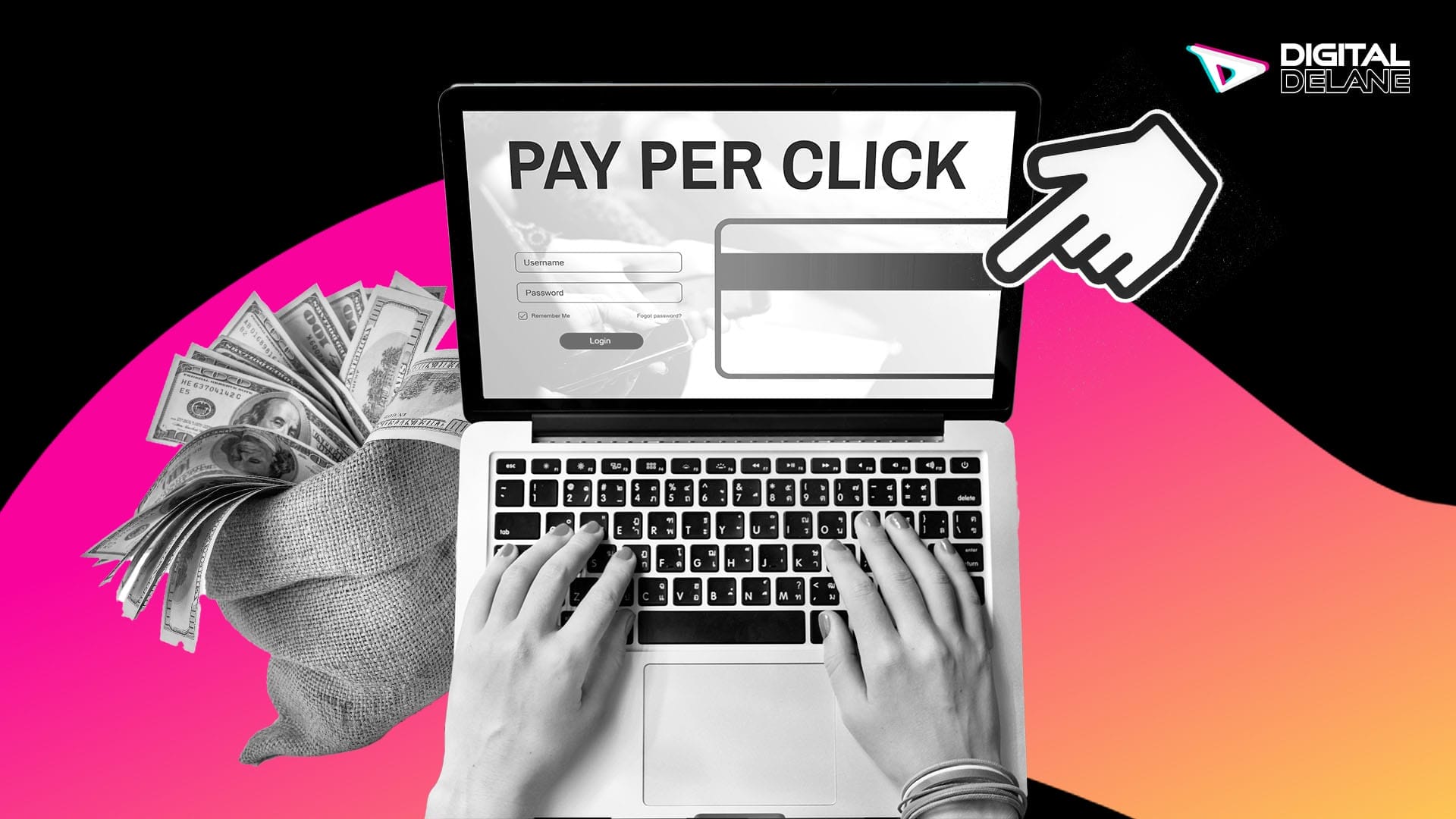
PPC advertising stands as a cornerstone in the realm of digital marketing, offering advertisers a potent avenue to showcase their products across search engines and diverse online platforms. Operating on a pay-per-click model, advertisers only incur costs when their ad garners clicks, a strategy renowned for its cost-effectiveness and precise audience targeting.
In this comprehensive guide, we’ll delve into the intricacies of PPC advertising, unraveling its mechanisms and unveiling its power to drive targeted traffic while maximizing conversions. From understanding the core fundamentals of PPC ads to decoding the role of keywords and bidding strategies, this guide aims to demystify PPC advertising for both beginners and seasoned marketers.
Let’s navigate through the intricacies of PPC advertising, explore its impact on digital marketing landscapes, and uncover the strategies that can propel your online presence to new heights.
Ready to Discuss Your Project? Chat With Our Marketing Team
Introduction to PPC Advertising
Definition of PPC Advertising


PPC advertising, or Pay-Per-Click advertising, is a digital marketing strategy in which advertisers pay a fee each time one of their ads is clicked. It is a way of buying visits to a website rather than attempting to earn those visits organically. This type of advertising is commonly associated with search engines like Google and Bing, where advertisers bid on keywords relevant to their target audience. When someone searches for a keyword that is related to the advertiser’s offering, the ad is displayed at the top of the search results page.
PPC advertising is a highly effective way to drive targeted traffic to a website, as it allows advertisers to reach potential customers at the exact moment they are searching for a product or service. It is a cost-effective and measurable advertising method, as advertisers only pay when their ad is clicked, and they can track the performance of their ads through metrics such as click-through rate, conversion rate, and return on investment.
Importance of PPC in Digital Marketing
Pay-per-click is a crucial component of digital marketing as it allows businesses to reach their target audience in a cost-effective and measurable way. By using PPC advertising platforms like Google AdWords, businesses can create targeted ads that appear when users search for specific keywords related to their products or services. This means that businesses can ensure that their ads are being seen by people who are already interested in what they have to offer, increasing the likelihood of a conversion.
Additionally, PPC allows for precise targeting based on demographics, location, and online behavior, further increasing the chances of reaching potential customers. Furthermore, PPC campaigns provide valuable data and insights into consumer behavior and preferences, which can be used to optimize other marketing efforts. Overall, PPC is an essential tool in the digital marketing toolkit, providing businesses with a powerful way to increase their online visibility and drive traffic to their websites.
Brief Overview of How PPC Works
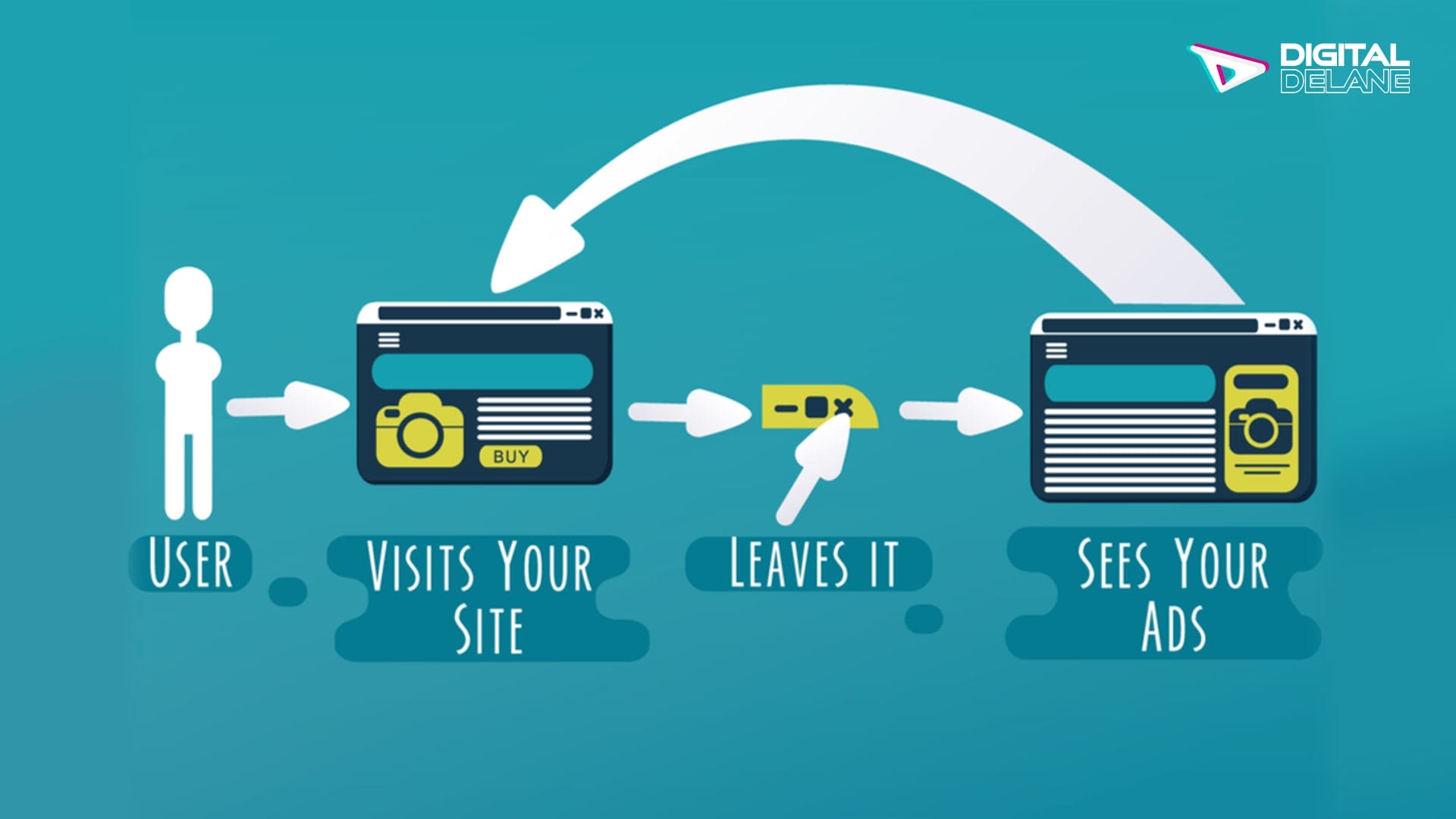

PPC advertising is a model of Internet marketing in which advertisers pay a fee each time one of their ads is clicked. This form of advertising allows businesses to bid for ad placement in a search engine’s sponsored links when someone searches for a keyword that is related to their business offering. When a user conducts a search using that keyword, the search engine displays the advertiser’s ad.
The ad placement is determined by a combination of the advertiser’s bid for the keyword and the ad’s quality score, which is based on factors like relevance and landing page experience. PPC is an effective way to drive targeted traffic to a website because advertisers only pay when their ads are clicked, making it a cost-effective option for businesses. It also provides valuable data and insights into consumer behavior that can be used to optimize future marketing efforts.
Core Concepts of PPC Advertising
Understanding PPC Ads
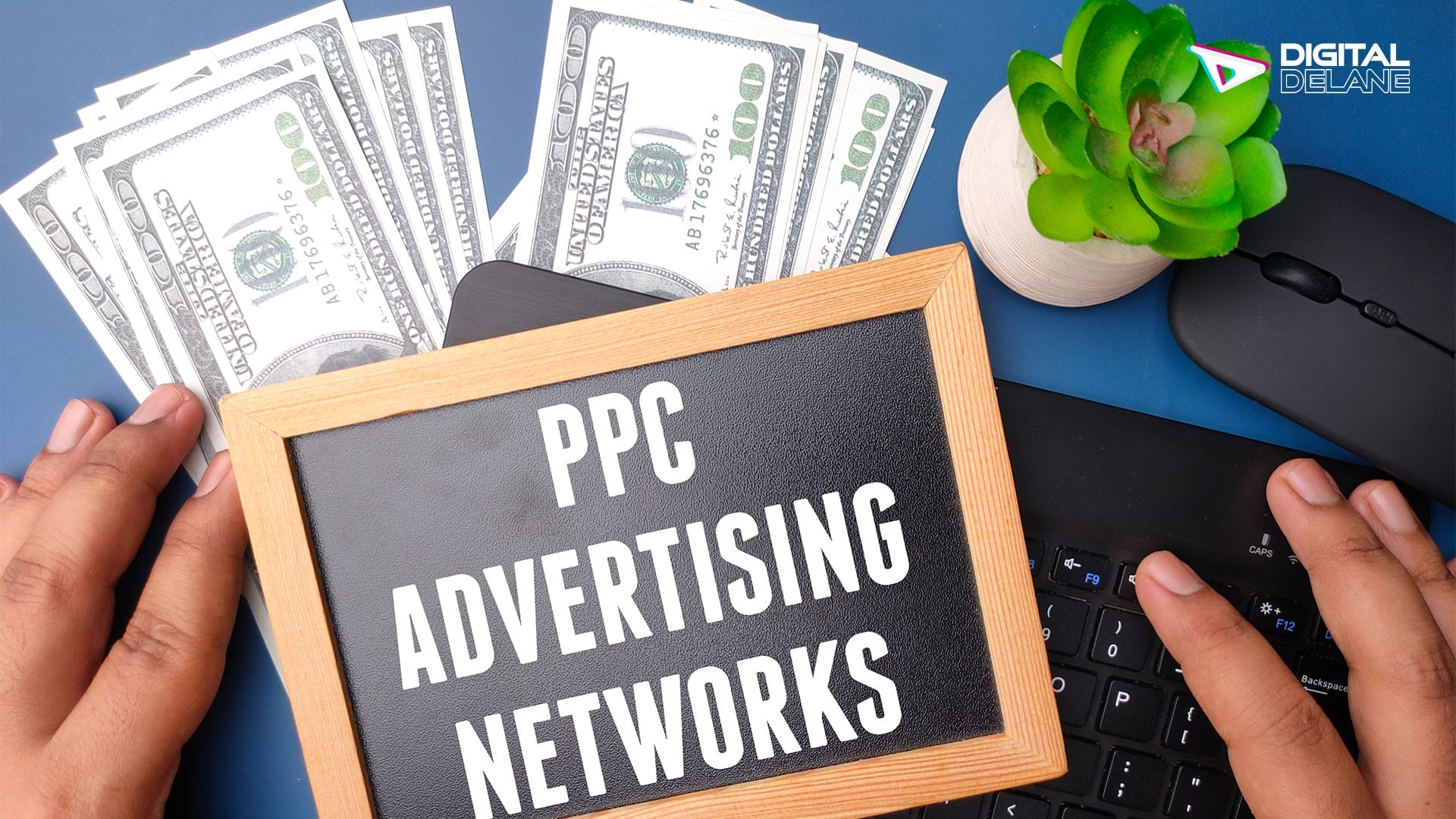

Definition and Types of PPC Ads:
PPC ads are a form of online advertising where advertisers pay a fee each time their ad is clicked. There are several types of PPC ads, including search ads, display ads, and social media ads, each with its own unique targeting options and ad formats.
Elements of a PPC Ad (Headlines, Description, URL, etc.):
The elements of a PPC ad typically include a headline, description, URL, and display URL. The headline is the first thing users see and should be attention-grabbing and relevant to the user’s search query. The description provides more information about the product or service being advertised, while the URL directs users to the advertiser’s website.
These elements are crucial in capturing the user’s attention and persuading them to click on the ad. Understanding the different types of PPC ads and how to effectively create ad copy with the right elements is key to running successful PPC campaigns and driving traffic to your website.
Role of Keywords in PPC


Keywords play a crucial role in the success of PPC (pay-per-click) ads. The significance of keywords in PPC ads lies in their ability to directly impact ad visibility, relevance, and ultimately, conversion rates.
Keyword Research and Selection
Proper keyword research and selection are essential for targeting the right audience and minimizing wasted ad spend. This involves understanding the search behavior and intent of potential customers, as well as identifying high-performing keywords that can drive qualified traffic.
Match Types and Their Impact
Additionally, the match types used for keywords, such as broad match, phrase match, and exact match, can have a significant impact on ad performance. With broad match, ads may be shown for a wide range of search queries, while exact match ensures ads are only displayed for specific keyword queries. Understanding the strengths and limitations of each match type is crucial for optimizing PPC campaigns and ensuring ads are reaching the most relevant audience. Overall, keywords play a fundamental role in the success of PPC ads and should be carefully managed and optimized to maximize ROI.
Mechanics of PPC Campaigns
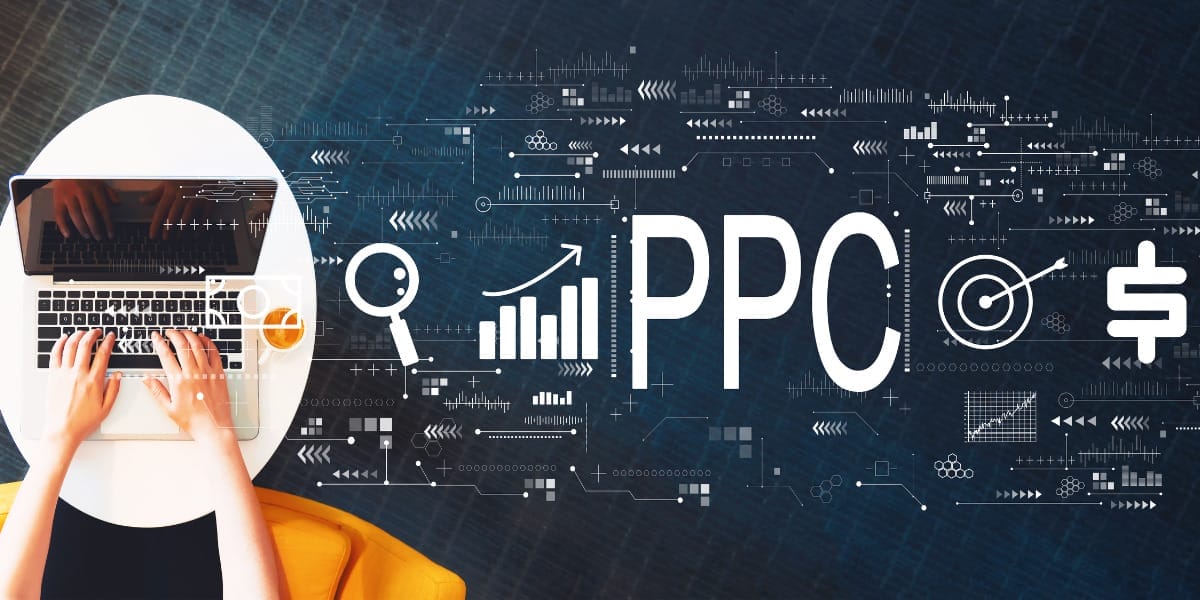

Bidding Process in PPC
Explanation of Bidding in PPC
In the world of Pay-Per-Click (PPC) advertising, the bidding process plays a crucial role in determining the placement and visibility of ads. Bidding in PPC refers to the practice of placing a monetary value on keywords and ad placements, and advertisers compete against each other to secure the top spots in search engine results.
Factors Influencing Ad Placement (Bid Amount, Quality Score, etc.)
The bid amount is a major factor influencing ad placement, but it is not the only one. Quality score, ad relevance, and landing page experience also play a significant role in determining ad placement. Factors like these can affect an advertiser’s overall ad rank, making it crucial for advertisers to consider more than just the bid amount when planning their PPC strategy.
Manual vs. Automated Bidding
Manual bidding allows advertisers to set their own bids for individual keywords or ad groups, while automated bidding uses algorithms to adjust bids based on predetermined goals. Both methods have their benefits and drawbacks, and the best approach will depend on an advertiser’s specific objectives and resources.
PPC Platforms and Their Functionality
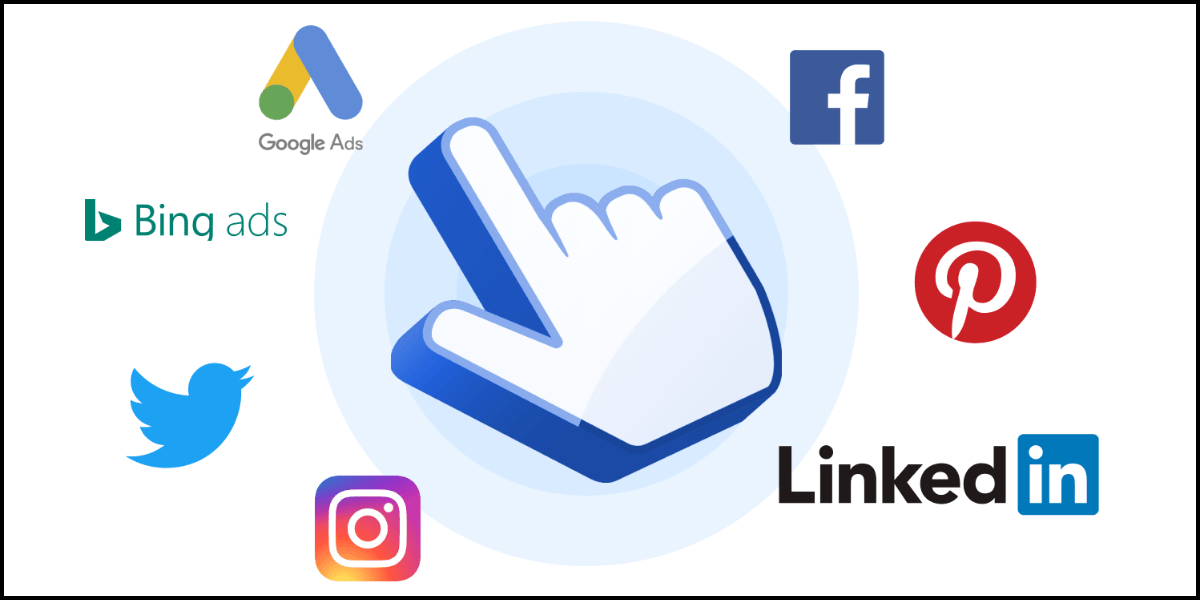

PPC platforms, such as Google Ads and Bing Ads, are essential tools for businesses looking to drive traffic and increase conversions through paid advertising. Google Ads is by far the most popular and widely used platform, allowing advertisers to create targeted ads that appear in Google’s search results and on their vast network of partner websites. Bing Ads, on the other hand, focuses on reaching users who are using the Bing search engine.
These platforms offer a range of targeting options, including demographics, locations, and even remarketing, allowing advertisers to tailor their ads to specific audiences.
In addition, both platforms provide robust analytics and performance-tracking tools, giving advertisers valuable insights into the effectiveness of their campaigns. This data can help businesses make informed decisions about where to allocate their advertising budget and how to optimize their campaigns for better results. Overall, PPC platforms offer a powerful and versatile way for businesses to reach their target audience and drive meaningful results.
Boost Your Business with New AI Trends – Get a Free Strategy Session Today
How PPC Advertising Works in Practice
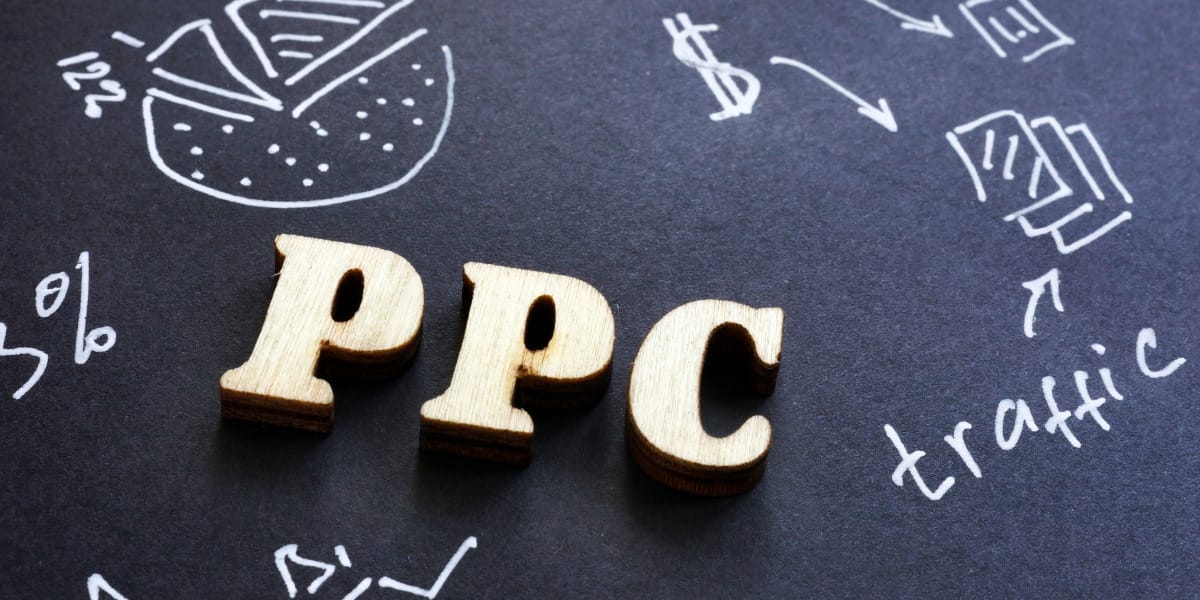

Step-by-Step Guide to Setting Up a PPC Campaign
Setting up a successful PPC campaign involves several key steps that require careful planning and execution.
- Defining Campaign Goals: it’s important to clearly define the campaign goals, whether it’s to increase brand awareness, drive website traffic, or generate leads and sales.
- Selecting Keywords and Ad Copy: selecting the right keywords and crafting compelling ad copy is crucial to attracting the right audience.
- Budgeting and Bidding Strategies: Budgeting and bidding strategies should be carefully considered to ensure optimal use of resources while maximizing results.
- Targeting and Audience Segmentation: targeting and audience segmentation are essential to reaching the most relevant audience for the campaign.
- Conversion Tracking and Optimization Techniques: Finally, implementing conversion tracking and optimization techniques will allow for continuous improvement and refinement of the campaign’s performance.
By following these steps in a methodical manner, businesses can set up a PPC campaign that effectively reaches their target audience and drives the desired results.
Different Types of PPC Ads Across Platforms
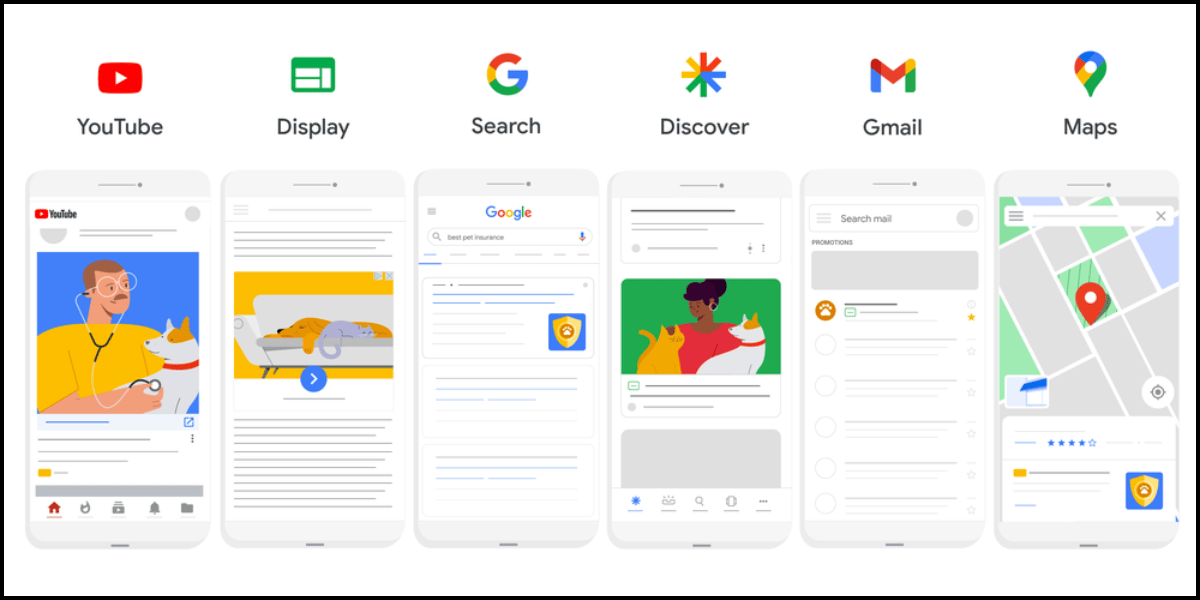

PPC ads come in various formats across different platforms, each with unique features and advantages. Search ads are text-based ads that appear in search engine results, targeting users based on their search queries. Display ads are visual ads that appear on websites and apps within the Google Display Network, allowing for a wide reach and visual appeal. Video ads are engaging video-based ads that appear on YouTube and other video ad platforms, allowing for a more immersive storytelling experience. Shopping ads are product-based ads that appear on search engine results and in the Google Shopping tab, providing users with detailed product information and images.
Each ad format has its own set of advantages, with search ads being effective for capturing intent-driven users, display ads offering a visually appealing format for brand awareness, video ads being engaging and interactive, and shopping ads providing detailed product information for e-commerce businesses. Marketers can leverage the different ad formats to reach their target audience effectively across various platforms.
Benefits and Importance of PPC Advertising
Pay-per-click advertising offers numerous benefits and is an important tool in any digital marketing strategy. One of the key advantages of PPC advertising is that it delivers immediate and targeted results. By bidding on specific keywords and phrases, businesses can ensure that their ads are displayed to users who are actively searching for their products or services. This precise audience targeting also allows for cost control, as advertisers only pay when someone clicks on their ad.
Additionally, PPC advertising complements other digital marketing efforts, such as search engine optimization and social media marketing. With its ability to drive immediate traffic to a website, PPC can support and enhance the reach and impact of these other strategies. Overall, the benefits and importance of PPC advertising lie in its ability to deliver quick and targeted results, while also working in harmony with other digital marketing initiatives to maximize a company’s online presence and reach.
Best Practices and Strategies for Effective PPC Campaigns
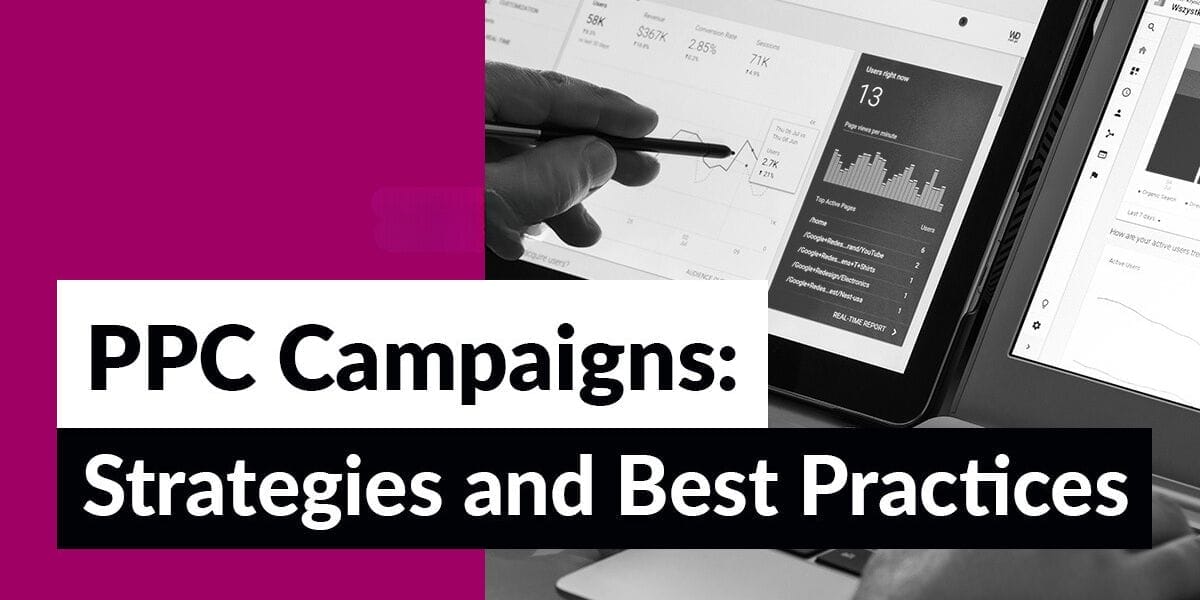

When it comes to creating effective PPC campaigns, there are several best practices and strategies that can be implemented to maximize results.
- Optimal Keyword Usage and Ad Copywriting: Optimal keyword usage and ad copywriting are crucial in capturing the attention of potential customers and driving qualified traffic to the website.
- Bid Management and Optimization Techniques: Bid management and optimization techniques help ensure that the budget is effectively allocated and that the ads are shown to the right audience at the right time.
- Continuous Monitoring, Analysis, and A/B Testing: Continuous monitoring, analysis, and A/B testing are essential for refining the campaigns and identifying areas for improvement.
- Leveraging Remarketing and Audience Targeting: Leveraging remarketing and audience targeting can also be highly effective in re-engaging with users who have previously visited the website or have shown interest in the products or services.
By employing these strategies, businesses can increase their chances of success and achieve a high return on investment from their PPC campaigns.
Future Trends of PPC Advertising
The future of PPC advertising is expected to be shaped by advancements in technology and changes in consumer behavior. As artificial intelligence and machine learning continue to evolve, marketers will have access to more sophisticated tools for targeting and personalizing their PPC campaigns. The rise of voice search and the increasing use of mobile devices will also require advertisers to adapt their strategies to better reach their target audience.


The growing concern for data privacy and the increasing competition in the digital advertising space will drive more transparency and accountability in PPC campaigns. There is also a shift towards more visual and interactive ad formats, as well as the growing importance of video advertising. Final thoughts on the impact and future trends of PPC advertising indicate a need for marketers to stay ahead of the curve and continue to innovate in order to achieve success in this ever-evolving landscape.
Do you want to grow faster? Schedule a free consultation call with an expert
Conclusion
In this comprehensive guide, we’ve unveiled the intricacies of PPC advertising, uncovering its mechanics and its prowess in driving targeted traffic while optimizing conversions. From grasping the fundamental aspects of PPC ads to deciphering the impact of keywords and bidding strategies, this guide aims to demystify PPC advertising, catering to both newcomers and seasoned marketers alike.
Embark on this journey through the landscape of PPC advertising, exploring its transformative impact on digital marketing and unveiling strategies that can elevate your online presence to unprecedented heights.
Ready to harness the power of PPC advertising for your brand? Get started today and unlock a world of targeted opportunities! Begin your PPC journey and watch your business soar.


